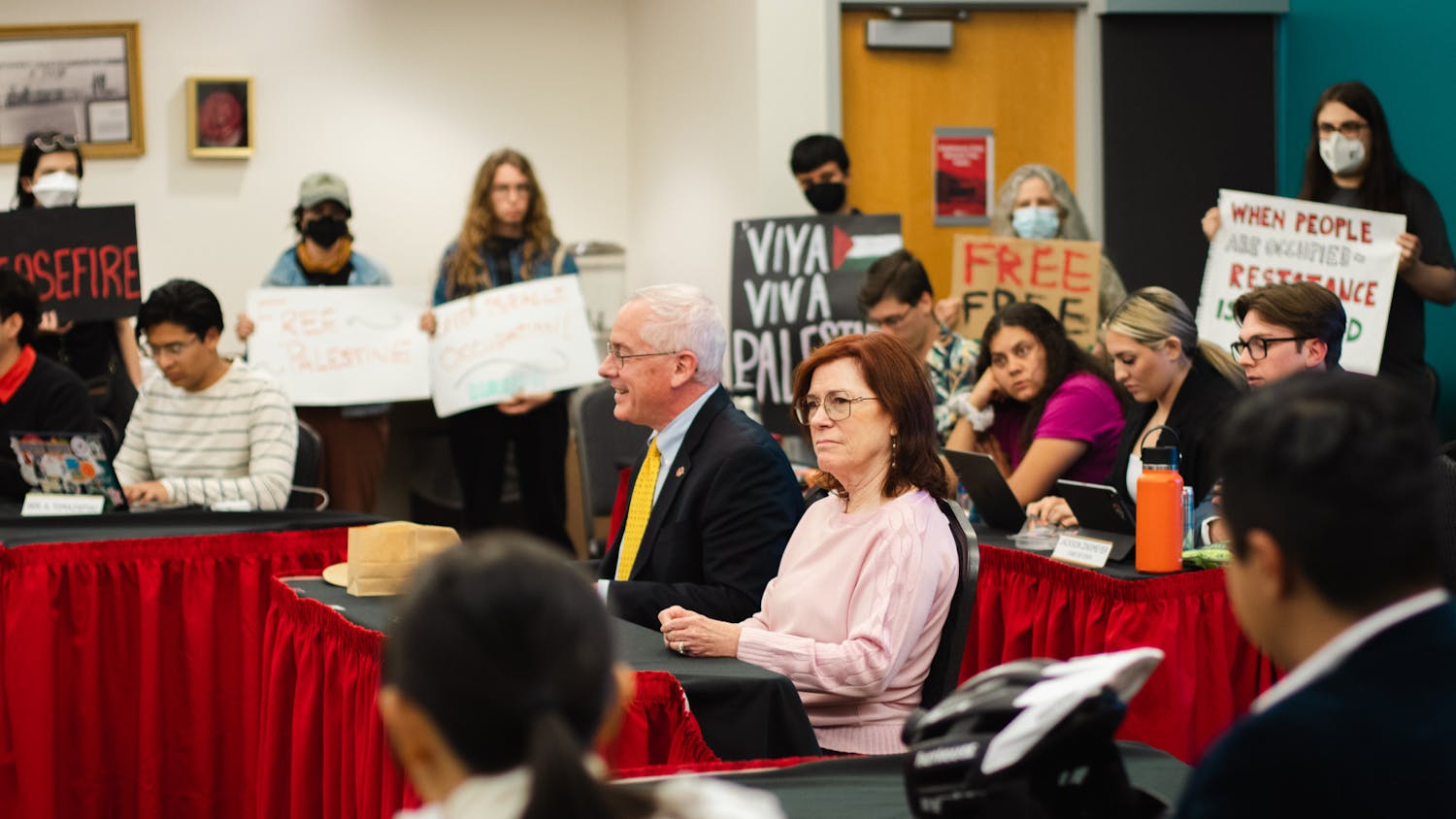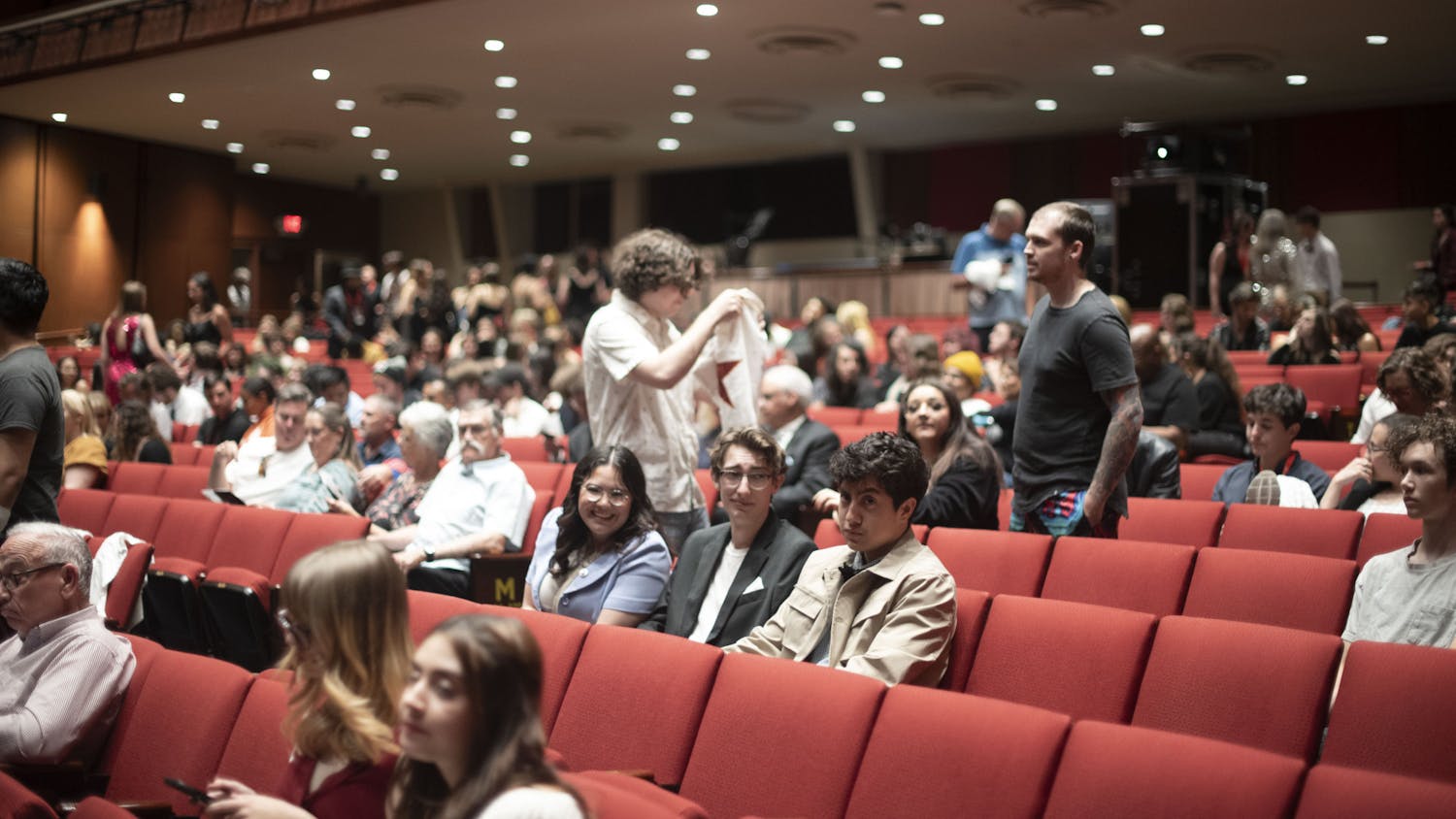Freedom of the press is dwindling in the United States, according to a recent study. The Reporters Without Borders annual World Press Freedom Index ranked the U.S. at number 46 out of 180 countries for press freedoms, putting the country just below Romania and just above Haiti. Last year’s report ranked the U.S. as number 32.
This comes as no surprise to many veteran reporters in New Mexico, who said press freedoms have been eroded at both the federal and state level.
Julie Ann Grimm, editor of The Santa Fe Reporter, has worked on many stories where she has encountered roadblocks on getting documents that should be available to the public under state and federal law, she said.
“It’s really easy for officials to respond or refuse to respond based on what they think a story will say about them,” Grimm said. “We feel like that is fundamentally wrong. We feel like government officials ought to provide information regardless of how it might make them look.”
Grimm would like to see directives that would allow members of the media fair access to public information employees, she said.
In September 2013, the Santa Fe Reporter filed a lawsuit alleging that Gov. Susana Martinez’s office had withheld dozens of public documents and often turned over documents well past the state’s 15-day maximum waiting period.
“Give the public the documents that the law says are public. Give the press equal access,” Grimm said.
Dr. Richard J. Schaefer, a mass communication and journalism professor, said he has worked many years covering immigration issues on the Mexican border.
“Historically, I’d say that governments have preferred not to be extremely transparent and that’s mainly because they literally don’t want their public informed completely about activities they’re engaged in,” he said. “It’s always a battle, and it’s a battle toward progress to try and get governments to be fairly explicit about what they’re doing and providing information about it.”
Schaefer once filed a request for information with the Department of Homeland Security. When he received it two years later, it was compiled in a way that made it impossible to combine with other data, he said.
“This administration has hardly been a breath of fresh air when it comes to transparency,” Schaefer said.
The World Press Freedom Index uses seven factors to rank countries, which include the number of opposing views represented in media, news outlets’ independence from authorities, government transparency and violence toward reporters.
Get content from The Daily Lobo delivered to your inbox
Susan Boe, executive director of the non-profit New Mexico Foundation for Open Government, said she provides access to government meetings and records for the press and general public and has seen many problems with access to public information in New Mexico.
“I don’t think the freedom of the press is any greater than the right of the individual, to speak out against government and to understand what government is doing,” she said.
Some reporters have complained about how selective the government is on who can access files, because that information should be available to everyone, she said.
“There has been a clampdown on information in the name of national security, and that’s troubling,” Boe said.
Peter Katel, a veteran reporter and UNM alumnus, said he has covered stories all over the world for more than 40 years. He said information has become hard to come by in the traditional ways.
“I think reporting is always difficult, and the obstacles have become different. I think leaking to reporters has gotten to be a more hazardous proposition. Even when I was a reporter in New Mexico in the ‘70s and early ‘80s, it seemed to me that people were more willing to leak stuff to reporters than they are now,” he said.
With the advent of social media, it is far easier to trace someone who leaks information because their emails can be examined, Katel said.
V.B. Price, longtime journalist and former member of UNM’s Student Publication Board, said he has had battles with reporting on governing bodies and has dealt with repercussions from publishing sensitive information.
Price started reporting in 1966, when journalism was very different, he said.
Government officials and sources are stonewalling big newspapers like the New York Times because they know these papers do not have the power they used to have, he said.
Big corporations and governments are more willing to hide information now, he said.
Price was stonewalled on information like healthcare, mining, Los Alamos, and many other issues that fell under the government’s jurisdiction, he said.
“I spent most of my career in a kind of adversarial position, you know, always attacking governments in one way or another,” Price said. “I have had windows in my cars blasted out as a result of a column I wrote about a certain politician. I have had my back door shot out once or twice as a result of a story about another politician. I was pissed and spooked, but more pissed than spooked, because if they really wanted to do something to me they could have and they didn’t,” he said.





